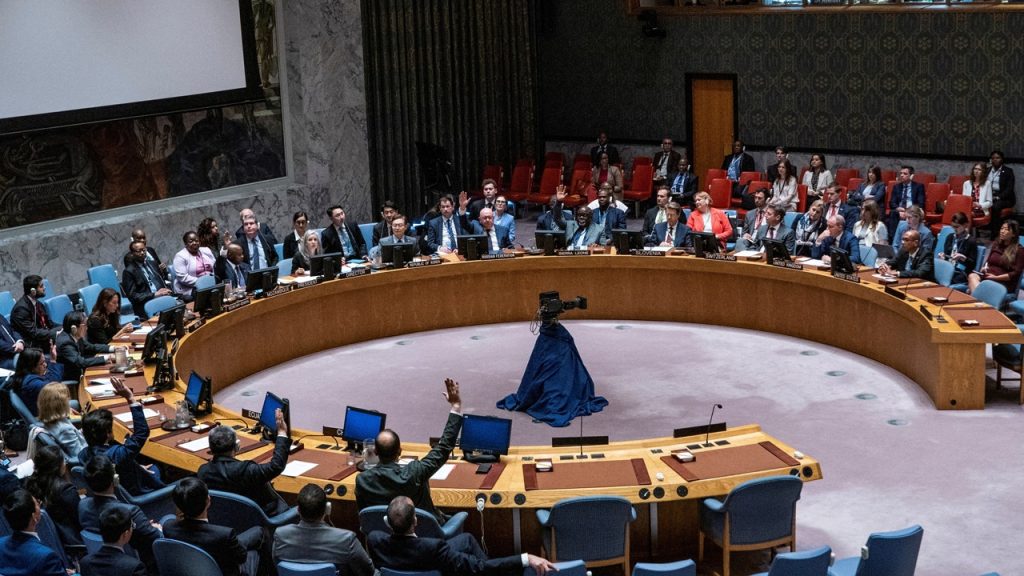Denmark, Greece, Pakistan, Panama, and Somalia have been elected to serve a two-year term on the United Nations Security Council, replacing Ecuador, Japan, Malta, Switzerland, and Mozambique. The Security Council is composed of 15 members, with five permanent members and ten elected members. The permanent members are Britain, China, France, Russia, and the United States, who have veto power. The other ten members are elected by the General Assembly, with five new members elected each year. The new members were all elected in uncontested slates and will start their terms on January 1, 2025.
The Security Council is the only U.N. body that can make legally binding decisions, including imposing sanctions and authorizing the use of force. The council plays a crucial role in maintaining international peace and security. To ensure geographical representation, seats on the council are allocated to regional groups. Even if candidates are running unopposed within their group, they still need to win the support of more than two-thirds of the General Assembly. Denmark received 184 votes, Greece 182, Pakistan 182, Panama 183, and Somalia 179 votes, confirming their positions on the council.
The United Nations General Assembly’s election of Denmark, Greece, Pakistan, Panama, and Somalia to the Security Council comes at a critical time when global security issues are at the forefront. The council has a key role in addressing conflicts and crises around the world, including the recent war between Ukraine and Russia. The council’s decisions have a direct impact on peacekeeping efforts, humanitarian aid, and other international actions. The new members will bring diverse perspectives and expertise to their roles on the council, enhancing its ability to address complex global challenges.
The Security Council has been calling for responsible arms transfers amid the ongoing conflict between Ukraine and Russia. The council’s decisions on arms sales and transfers can have significant implications for regional and global security. By promoting responsible arms transfers, the council aims to prevent the escalation of conflicts and reduce the impact of arms proliferation on civilian populations. The new members will have a role in shaping the council’s policies and decisions on arms transfers, contributing to efforts to promote peace and security worldwide.
Denmark, Greece, Pakistan, Panama, and Somalia will have the opportunity to participate in important discussions and decision-making processes within the Security Council. The council’s role in addressing complex international issues, such as terrorism, nuclear proliferation, and human rights violations, requires collaboration and cooperation among its members. The new members will be able to contribute their voices to these discussions and work towards consensus on key issues. Their election reflects the international community’s confidence in their ability to uphold the principles of the United Nations and promote peace and security.
As members of the Security Council, Denmark, Greece, Pakistan, Panama, and Somalia will have a platform to advocate for their national interests and priorities on the global stage. They will need to balance their national interests with the broader goals of the council, which include maintaining international peace and security. The new members will face challenges and opportunities as they navigate the complex world of international diplomacy and decision-making. Their presence on the council represents a commitment to multilateralism and collective action in addressing global challenges.


